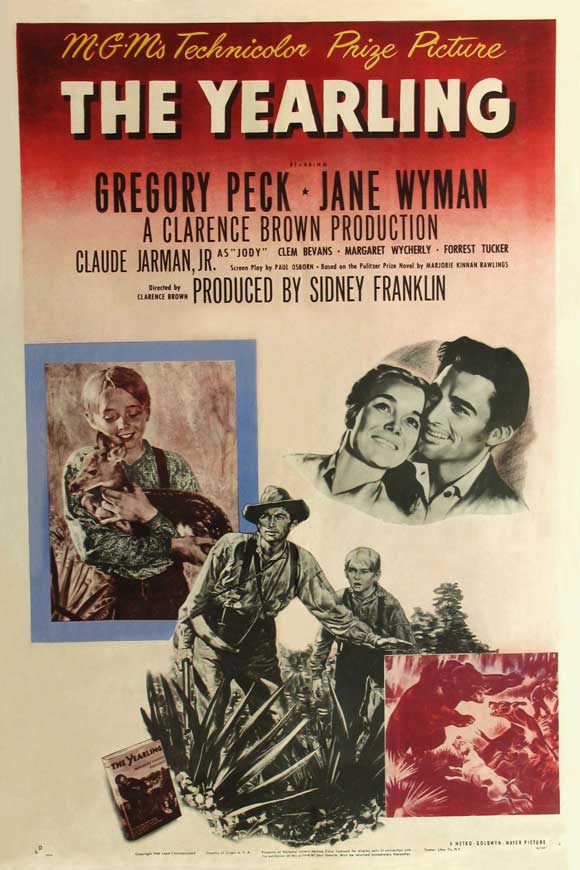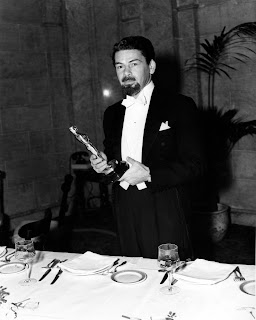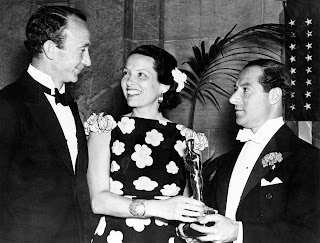Now to put to rest the film year that was 1946. I watched these 67 films:
Anna and the King of Siam
The Best Years of Our Lives
The Big Sleep
Blithe Spirit
The Blue Dahlia
Blue Skies
Brief Encounter
Caesar and Cleopatra
Canyon Passage
Centennial Summer
Children of Paradise
Cluny Brown
Dark Alibi
The Dark Mirror
Devotion
Dick Tracy
The Dolly Sisters
Dragonwyck
Dressed to Kill
Duel in the Sun
Gilda
The Green Years
The Harvey Girls
Henry V
House of Dracula
Humoresque
I Know Where I'm Going!
It Happened at the Inn
It's a Wonderful Life
Johnny in the Clouds
The Jolson Story
The Kid from Brooklyn
The Killers
Kitty
Little Giant
Magnificent Doll
Monsieur Beaucaire
My Darling Clementine
My Reputation
Night and Day
A Night in Casablanca
Nobody Lives Forever
Notorious
The Outlaw
The Postman Always Rings Twice
The Razor's Edge
The Red Dragon
Road to Utopia
Rome, Open City
Saratoga Trunk
Scarlet Street
The Seventh Veil
She-Wolf of London
Shock
Sister Kenny
Specter of the Rose
The Spiral Staircase
A Stolen Life
The Strange Love of Martha Ivers
The Stranger
Terror by Night
The Time of Their Lives
To Each His Own
Tomorrow is Forever
Vacation from Marriage
The Verdict
The Yearling
Of those 67, 30 were nominated across 18 categories for my Retro Hollmann Awards. And of those 30, only eleven won. Which ones? These ones:


















